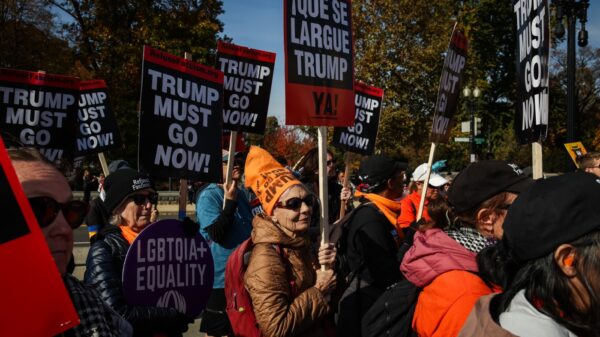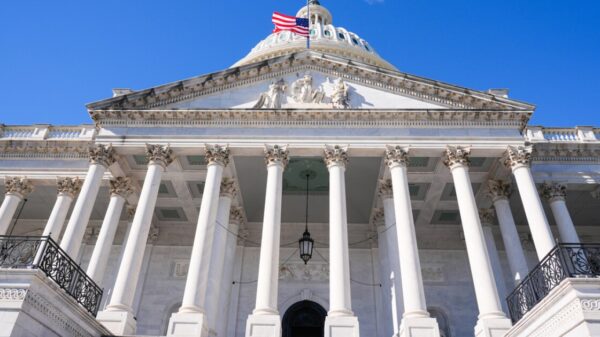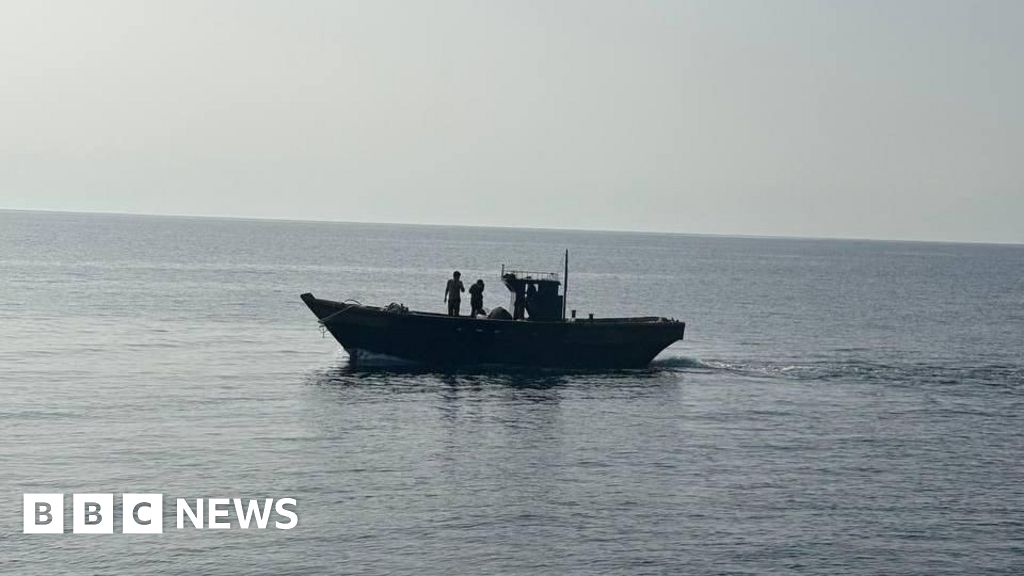South Korea has repatriated six North Koreans who inadvertently entered its waters earlier this year. According to Seoul’s Ministry of Unification, all six individuals expressed a strong desire to return to North Korea. This repatriation marks the first such return under the presidency of Lee Jae-myung, who has prioritized improving inter-Korean relations.
Two of the North Koreans drifted into South Korean waters in March 2023 and remained there for four months, setting a record for the longest stay of non-defectors. The remaining four sailors crossed a disputed maritime border in May 2023. Efforts to coordinate their return had been ongoing for several months, highlighting the complexities of inter-Korean diplomacy.
Historically, when North Koreans have drifted into South Korean territory, authorities would facilitate their return through land borders. However, communications between the two Koreas have been severely restricted since April 2023, when North Korea severed all inter-Korean contact amid rising tensions. In December 2023, Kim Jong Un declared that unification with South Korea was no longer a viable goal.
Seoul’s Ministry of Unification attempted to notify Pyongyang about the repatriation via the United Nations Command on two occasions but received no response. Despite the lack of official communication, North Korean patrol vessels and fishing boats were reportedly present at the handover point during the repatriation, suggesting some level of behind-the-scenes agreement.
Implications of Repatriation
The return of these individuals raises concerns about their treatment upon arrival in North Korea. Nam Sung-wook, former head of the Korea National Strategy Institute, predicts that the six will undergo rigorous interrogation. He stated, “They’ll be grilled on whether they received any espionage training or overheard anything sensitive. This will be an intense process aimed at extracting every last piece of information.”
Following their investigation, it is likely they will be used to disseminate propaganda, as their desire to return reinforces the legitimacy of Kim’s regime. Lim Eul-chul, a professor specializing in North Korean studies at Kyungnam University, emphasized the political implications of their return.
Analysts have noted that the circumstances surrounding the repatriation may have been complicated by South Korea’s recent political transitions. Michael Madden, a North Korea expert at the Stimson Center in Washington, highlighted that the boats drifted south during a period of instability in South Korea’s leadership. “This may have delayed some decision-making in both Koreas,” he observed.
Reactions and Future Prospects
The repatriation has generated frustration among North Korean defectors and activists. Lee Min-bok, an activist who previously floated anti-Kim leaflets into the North, expressed disappointment that the six individuals were not afforded the opportunity to learn about life in South Korea. “If I had the chance to speak with them, I would have told them the truth about inter-Korean history,” he remarked.
Under President Lee Jae-myung’s administration, efforts to engage with North Korea have been emphasized. Shortly after his election in June 2023, South Korea’s military suspended its loudspeaker propaganda broadcasts across the border, aiming to restore trust. Nonetheless, public sentiment in South Korea appears to show limited enthusiasm for engagement with the North.
Some experts, like Celeste Arrington from The George Washington University Institute for Korean Studies, remain skeptical about significant improvements in inter-Korean relations. She pointed out that North Korea has strengthened its ties with Russia, reducing its need for dialogue with the South. “Thus, there are few signals, if any, of reestablishing lines of communication between the North and the South,” she noted.
As tensions persist and diplomatic channels remain largely inactive, the future of inter-Korean relations appears uncertain. The recent repatriation serves as a reminder of the complex dynamics at play between the two nations.





































































